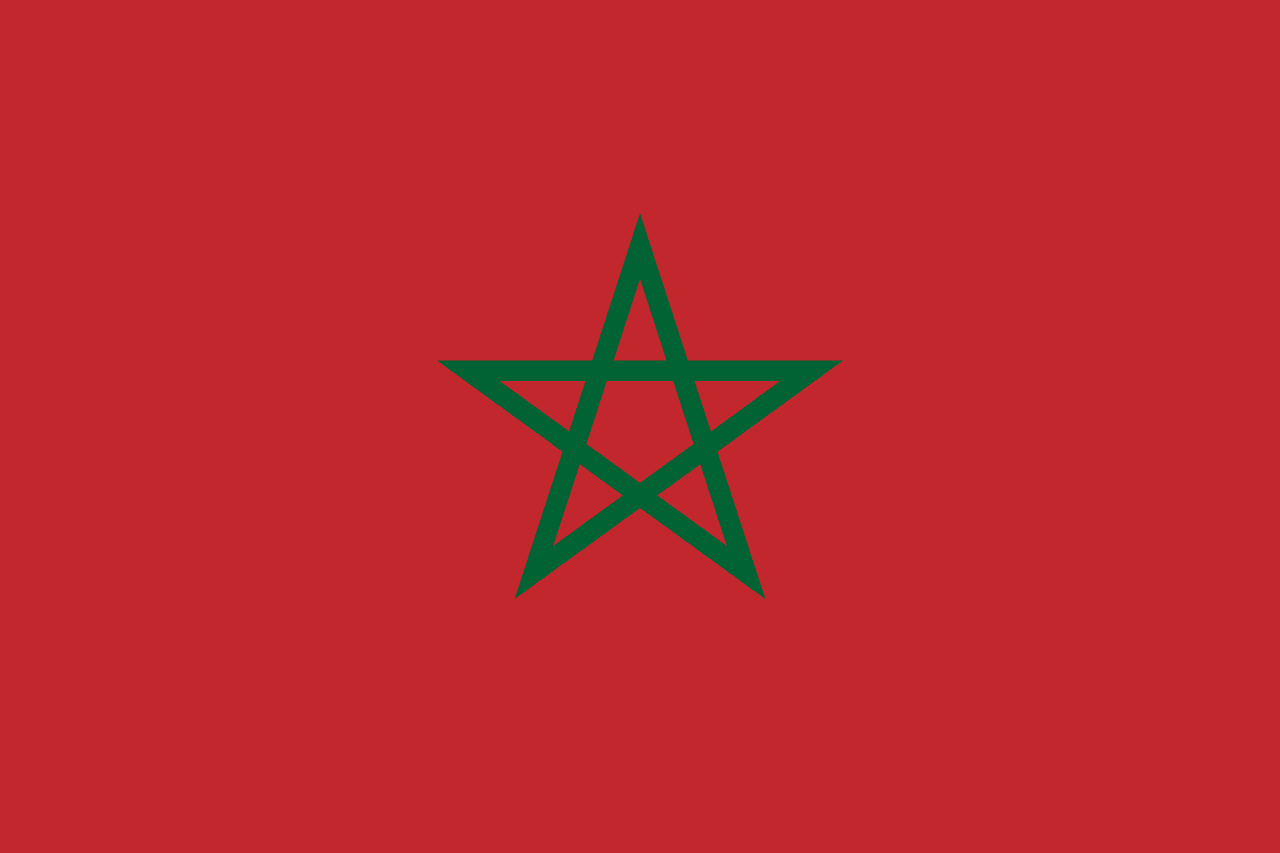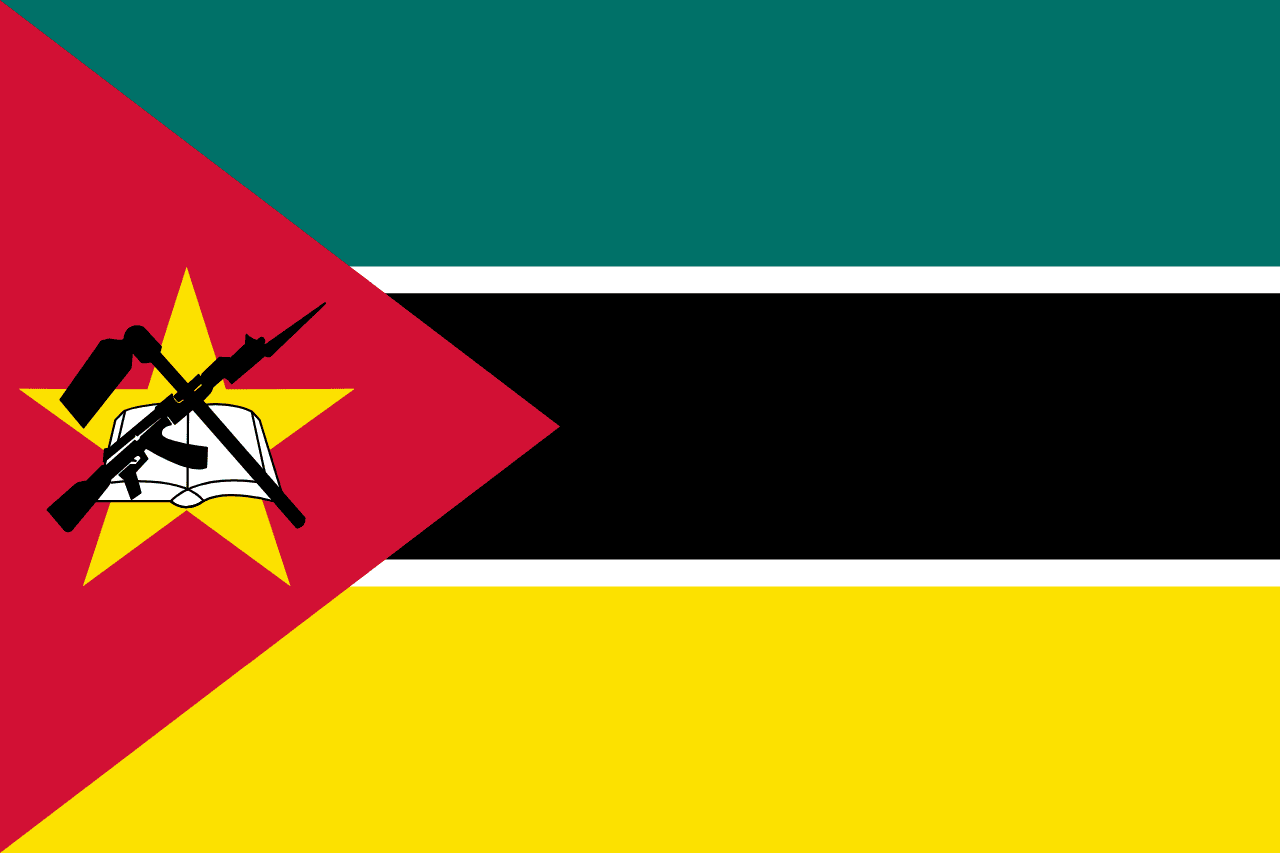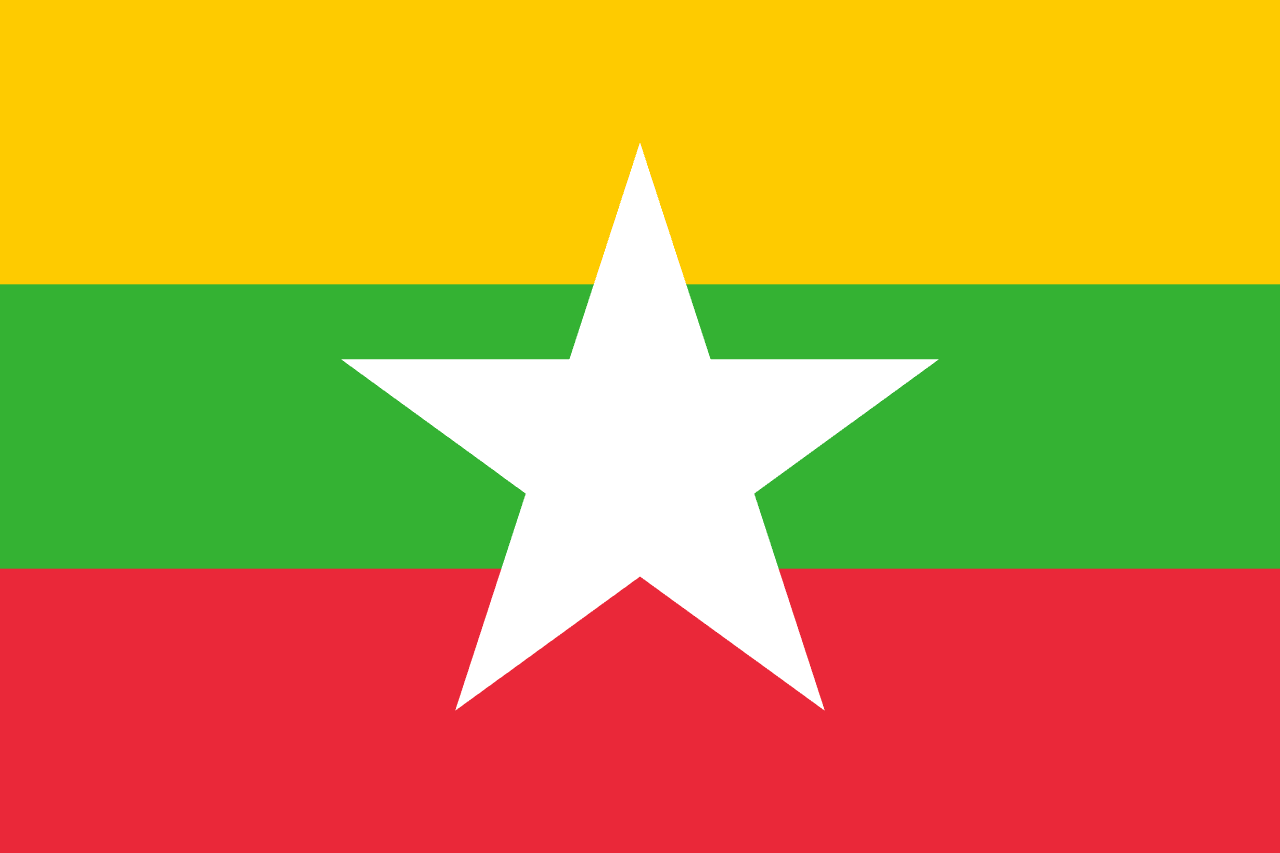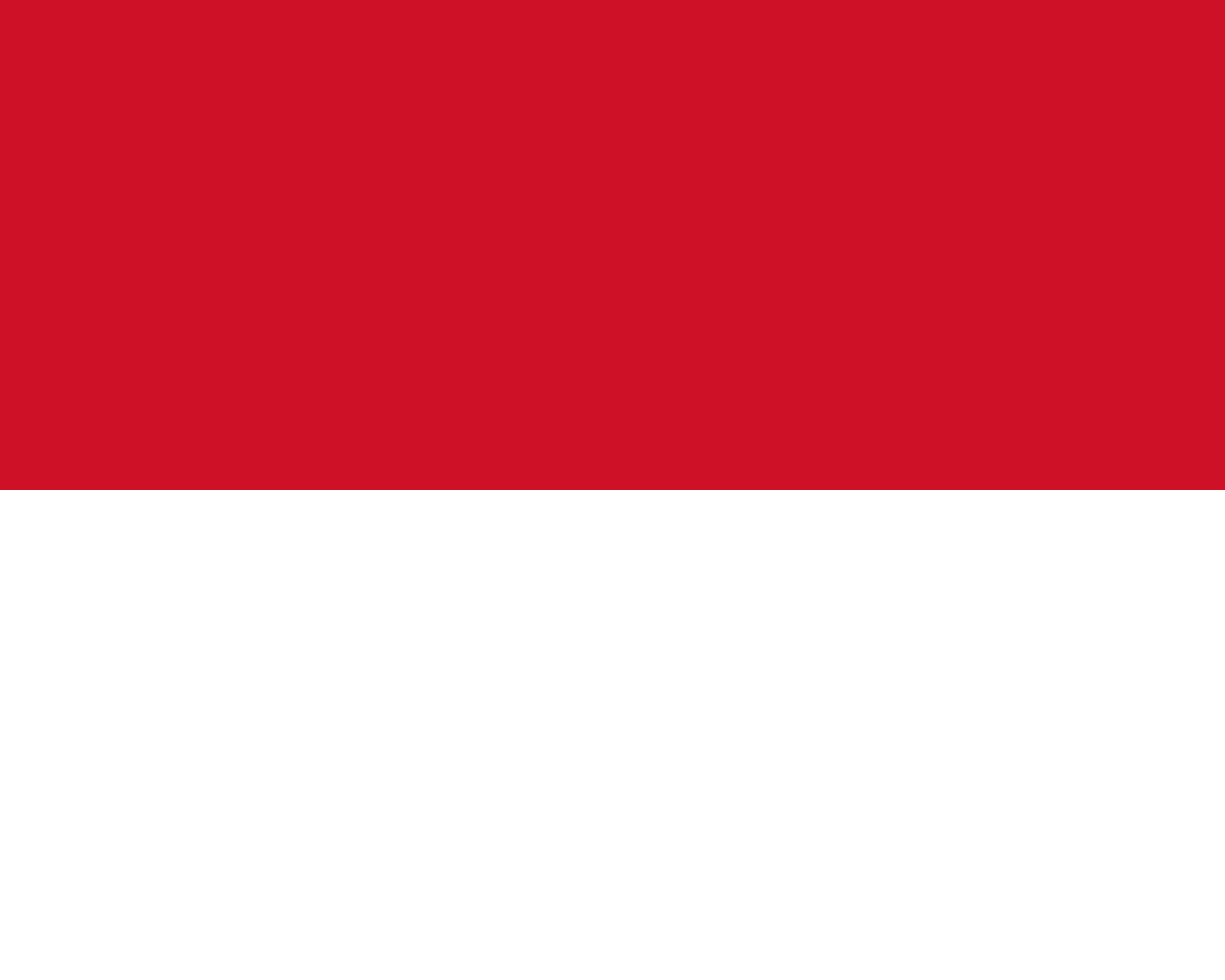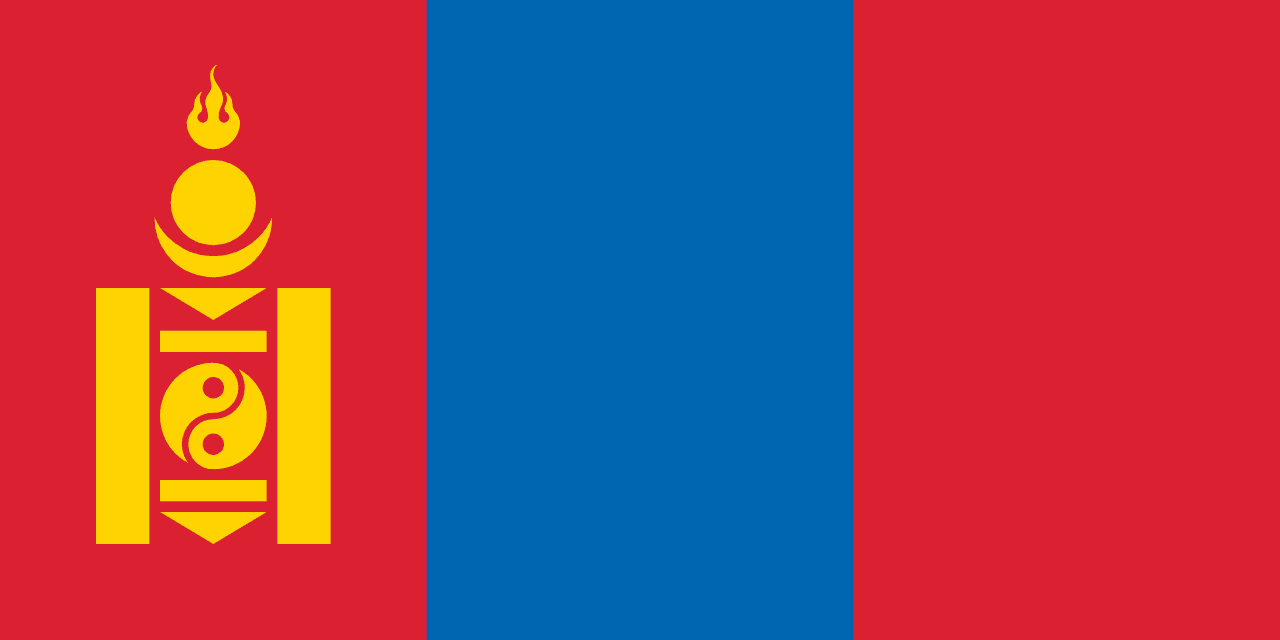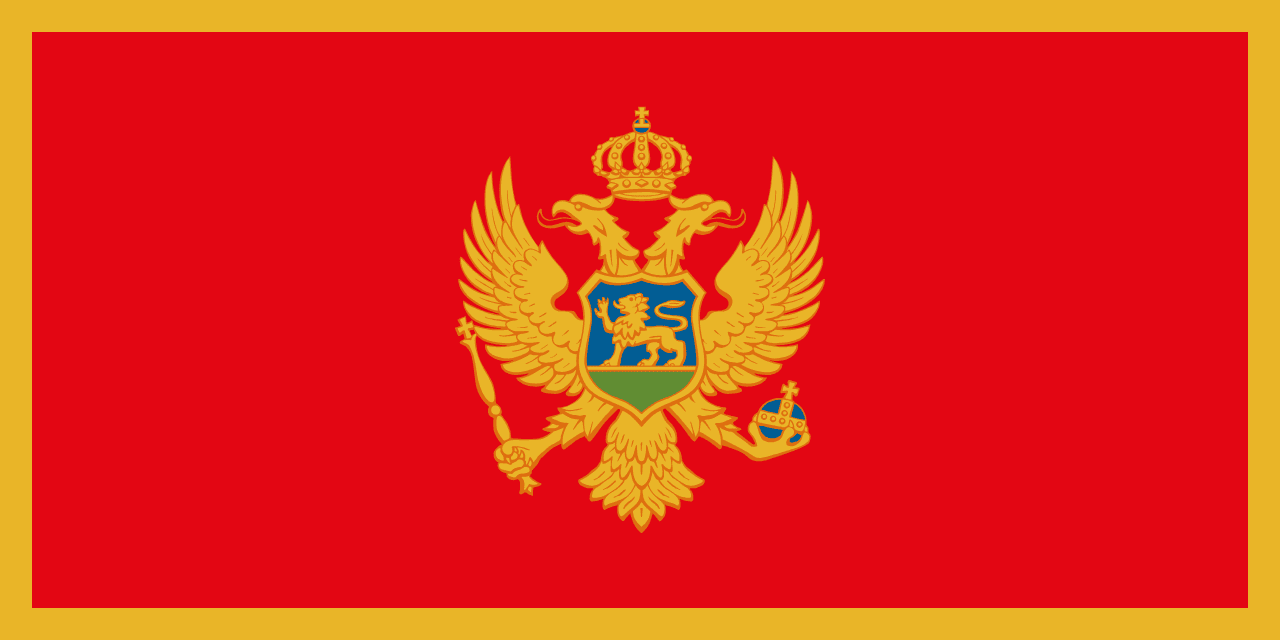The flag of Montserrat features a blue field with the Union Jack in the upper hoist-side quadrant and the Montserrat coat of arms centered in the fly half. This design reflects Montserrat's status as a British Overseas Territory while also showcasing its unique identity and cultural heritage.
Montserrat information
| National Flag Day | — |
| Sovereign state | No |
| Official name | Montserrat |
| Capital | Plymouth (de jure), Brades (de facto) |
| Population | 4,933 |
| Area | 102 km² |
| Currency | Eastern Caribbean dollar (XCD) |
| Language | English |
| Continent | North America |
| Region | Caribbean |
| Subregion | Lesser Antilles |
| Borders | — |
| Timezone | Astern Caribbean Time (AST) UTC-4 |
| Calling code | +1-664 |
| Top-level domain | .ms |
History of the Montserrat flag
 The current flag of Montserrat was officially adopted on April 10, 1909. It follows the British Blue Ensign pattern, which is common among British overseas territories and former colonies. The inclusion of the Union Jack represents Montserrat's status as a British territory, a relationship that dates back to 1632 when the island was first settled by British and Irish colonists.
The coat of arms on the flag was granted on December 10, 1909, shortly after the flag's adoption. It has undergone minor modifications over the years, but its core elements have remained consistent, reflecting key aspects of Montserrat's history and identity.
The current flag of Montserrat was officially adopted on April 10, 1909. It follows the British Blue Ensign pattern, which is common among British overseas territories and former colonies. The inclusion of the Union Jack represents Montserrat's status as a British territory, a relationship that dates back to 1632 when the island was first settled by British and Irish colonists.
The coat of arms on the flag was granted on December 10, 1909, shortly after the flag's adoption. It has undergone minor modifications over the years, but its core elements have remained consistent, reflecting key aspects of Montserrat's history and identity.
Symbolism and design of the Montserrat flag
The Montserrat flag is rich in symbolism, combining elements that represent both its British ties and its unique Caribbean identity. The blue field of the flag symbolizes the Caribbean Sea that surrounds the island, as well as Montserrat's loyalty to the British Crown. The Union Jack in the canton (upper left quarter) of the flag signifies Montserrat's status as a British Overseas Territory. This element connects Montserrat to the wider family of British territories and the Commonwealth. The coat of arms in the center of the fly half is the most distinctive feature of the flag. It depicts a woman in a green dress holding a cross and a harp. This figure is Erin, the female personification of Ireland, reflecting the significant Irish heritage of many of Montserrat's early settlers. The island is sometimes referred to as the "Emerald Isle of the Caribbean" due to this Irish connection and its lush green landscapes. The cross in Erin's hand represents Christianity, the predominant religion on the island. The harp is another traditional symbol of Ireland, further emphasizing the Irish influence on Montserrat's culture. At the base of the coat of arms is a shamrock, another nod to the island's Irish roots. The coat of arms is surrounded by a wreath, which is a common feature in British heraldry.
Usage and significance of the Montserrat flag
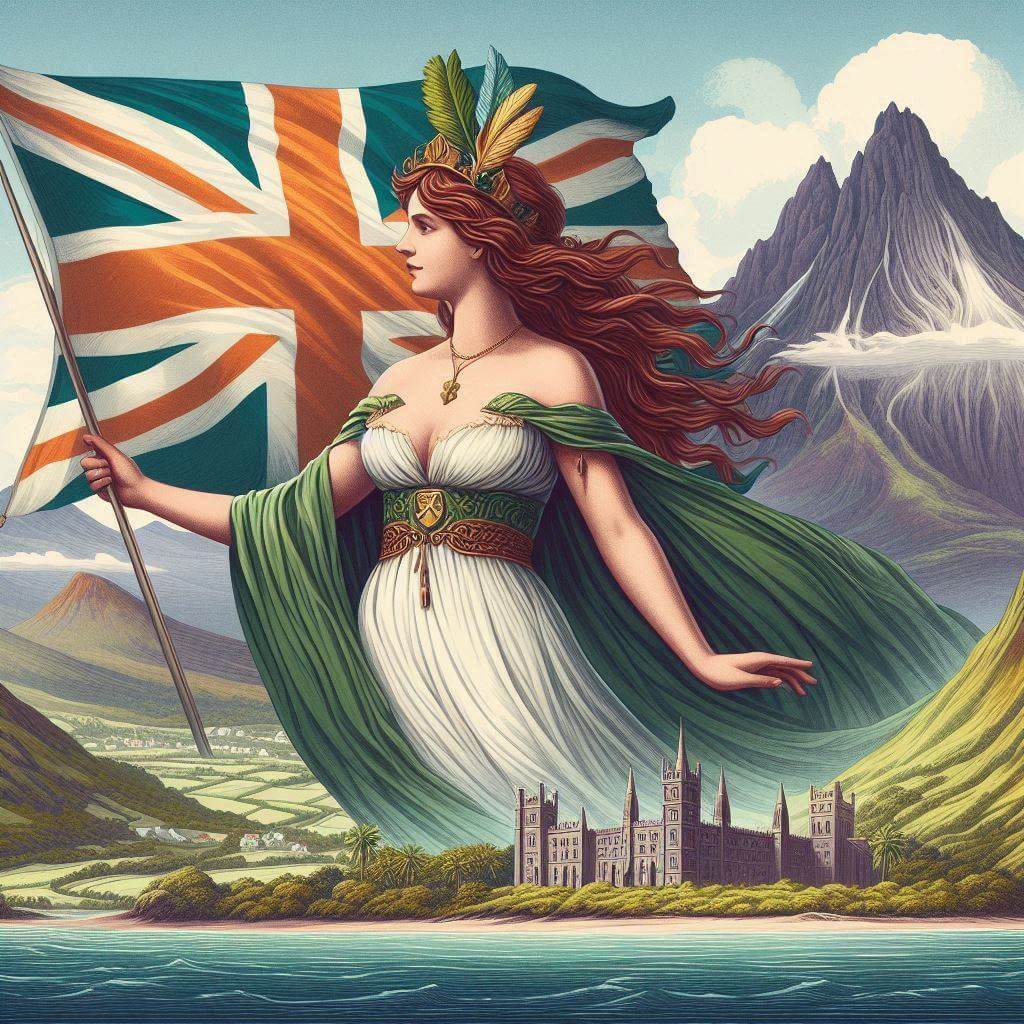 The flag of Montserrat is an important symbol of national identity for the island's residents. It is flown on government buildings, schools, and other public institutions. During national holidays and events, such as St. Patrick's Day (which is uniquely celebrated as a public holiday in Montserrat) and Montserrat Day (November 1), the flag is prominently displayed in festivities and parades.
In international contexts, the flag represents Montserrat's distinct identity within the family of British Overseas Territories. It is used in regional Caribbean organizations and events, where Montserrat participates as a separate entity.
The flag also plays a significant role in Montserrat's tourism industry, serving as a recognizable symbol that encapsulates the island's unique blend of Caribbean and Irish heritage. It is often featured in promotional materials and souvenirs, helping to brand Montserrat as a distinctive Caribbean destination.
The flag of Montserrat is an important symbol of national identity for the island's residents. It is flown on government buildings, schools, and other public institutions. During national holidays and events, such as St. Patrick's Day (which is uniquely celebrated as a public holiday in Montserrat) and Montserrat Day (November 1), the flag is prominently displayed in festivities and parades.
In international contexts, the flag represents Montserrat's distinct identity within the family of British Overseas Territories. It is used in regional Caribbean organizations and events, where Montserrat participates as a separate entity.
The flag also plays a significant role in Montserrat's tourism industry, serving as a recognizable symbol that encapsulates the island's unique blend of Caribbean and Irish heritage. It is often featured in promotional materials and souvenirs, helping to brand Montserrat as a distinctive Caribbean destination.
Interesting facts about the Montserrat flag
- Montserrat is one of the few places outside Ireland where St. Patrick's Day is a public holiday, a fact reflected in the Irish symbolism on its flag.
- The volcano on Montserrat, which became active in 1995 and significantly impacted the island, is not represented on the flag, as the design predates this event.
- The flag's unique combination of British and Irish symbols makes it instantly recognizable among Caribbean flags.
- In certain official contexts, such as representing the Governor of Montserrat, a modified version of the flag with the Union Jack replaced by the Crown is used.
- The shade of blue used in the Montserrat flag is the same as that used in the British Blue Ensign, ensuring consistency across British maritime flags.
